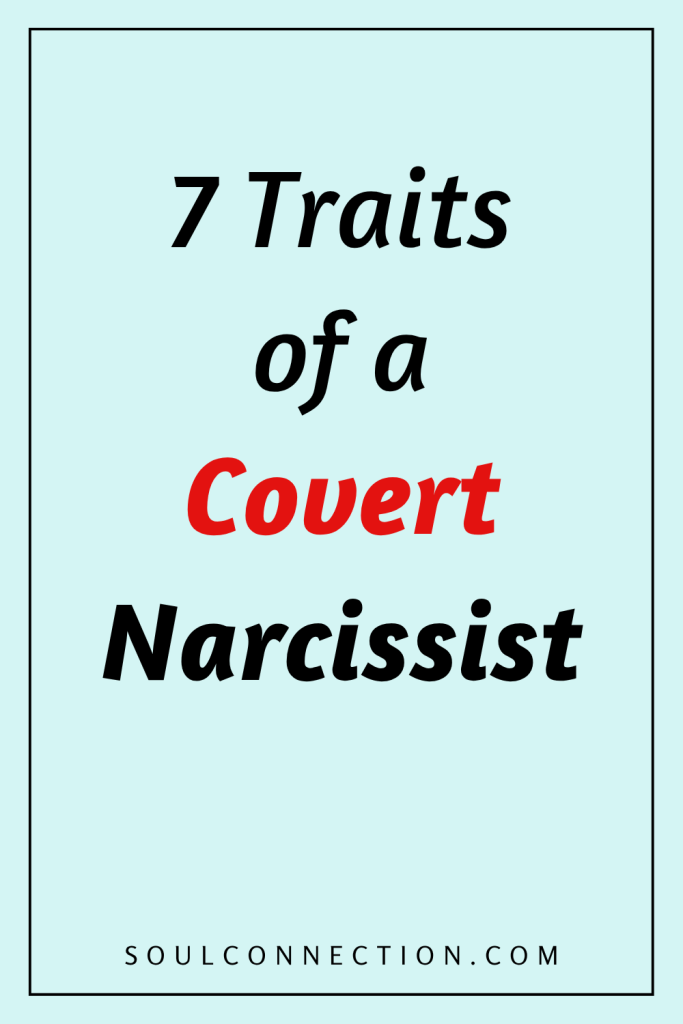Ever had an argument that left you feeling like you’d just been mugged by a cloud of passive aggression? Welcome to the puzzling, infuriating, and occasionally hilarious world of covert narcissism.
These folks don’t strut about with neon “I’m The Best” sashes. They’re more likely to whisper it into their cereal, then act wounded if you don’t overhear.
Pull up a chair. Here’s how to spot the not-so-obvious narcissist hiding in plain sight.
1. The Martyrdom Olympics
Gold medals all around! Covert narcissists love nothing more than reminding you how much they suffer for others. Their self-sacrifice usually comes with a sigh, a side-eye, and a story that ends with them tragically misunderstood.
When someone constantly paints themselves as a long-suffering victim—especially when the world’s tiniest inconvenience becomes a personal assault—take note.
This isn’t humility. It’s a way to get you to say, “Oh, you poor thing!” over and over, preferably while loading the dishwasher for them.
If you find yourself apologizing for things you didn’t do, or comforting someone after they snap at you, you might be in the presence of a covert narcissist. Gird your loins.
2. Passive-Aggressive Poison
Why shout when a well-timed sigh will do? Covert narcissists wield passive aggression like an Olympic fencer: sharp, subtle, and just a little bit exhausting.
Think: the silent treatment, the “forgetting” of things that matter to you, or the infamous backhanded compliment. (“Oh, you look so much better when you actually try!”)
Their emotional sabotage operates just below the surface, making you question whether you’re imagining things. Spoiler: You’re not.
Best counterattack? Name what you see. “I noticed you’ve been quiet since I went out with friends—is something up?” Their response will likely be, “No, nothing’s wrong!” (while they radiate the energy of a petulant cat).
But at least you’re refusing to play the guessing game.
3. Craving Recognition (But Never Asking for It)
Covert narcissists don’t usually boast openly. Instead, they drop hints about their good deeds, waiting for the admiration to roll in naturally. Or, you know, via ESP.
These are the people who shovel your snowy driveway, then sulk for a week because you didn’t notice.
They’ll recount their selfless acts with the air of someone who is totally above needing praise—while eyeing you like a hawk hunting for compliments.
If you sense that appreciation is a one-way street, or you’re being guilt-tripped for not “seeing” all their sacrifices, watch out. Healthy relationships thrive on open appreciation, not on games of emotional hide-and-seek.
4. The Invisibility Cloak of Empathy
On the surface, covert narcissists seem deeply sensitive to others. They might even tear up during charity ads, or talk at length about the pain of a friend’s breakup.
But when it comes to real empathy—feeling with you, listening, or truly supporting—they fumble the ball.
Their version of “caring” is often about showing off their own emotional depth, not actually connecting. Confide in them about your rough day, and you’ll likely get one-upped or have the conversation swerved back to their suffering. (“You think that’s hard? Listen to what I went through!”)
True empathy isn’t performative. If you keep finding yourself overshadowed—even in your own crisis—it’s not you, it’s them.
5. The Master of the Double Standard
Rules are for other people. A covert narcissist expects complete understanding for their own flaws, but, curiously, struggles to grant you the same courtesy.
If they forget your birthday, it was because of an existential crisis, a sleepless night, or mercury in retrograde. If you forget, it’s a sign you don’t care deeply enough.
Critique their choices, and you’ll unleash a spiral of wounded pride. God forbid you ask for the tiniest compromise.
Notice this pattern? It’s not your imagination. The covert narcissist’s world is lovingly rigged—so long as you’re playing by their rules.
6. Chronic Envy in Sheep’s Clothing
Beneath that calm, slightly martyred exterior, there’s a simmering pot of envy. Covert narcissists often feel deeply threatened when others succeed, but they won’t shout it from the rooftops.
Instead, they’ll undermine with subtle jabs, minimize your wins, or offer support that feels oddly hollow.
That “Congratulations!” comes with a sneaky sting (“Wow, I wish I had as much free time as some people to get promoted!”). Or maybe they disappear when you’re celebrating, only to reappear when attention shifts back to them.
It’s tough to share your joy with someone who always manages to turn the conversation cloudy. True friends celebrate your wins; covert narcissists quietly resent them.
7. The Houdini Act When It’s Time to Be Accountable
Owning up to mistakes isn’t a covert narcissist’s strong suit. When their behavior hurts you, expect a vanishing act—either literal (suddenly very busy) or emotional (distracted, dismissive, “forgetful”).
Apologies, if they show up at all, come out laced with excuses or a side of guilt-tripping. “I’m sorry you feel that way” is their go-to phrase—translation: “Let’s get back to my feelings, please.”
Notice how conflict always circles back to their wounds, not yours? That’s a classic signature. Healthy relationships involve two people willing to own their stuff.
If you’re the only one putting on your big-kid pants, you’re not imagining the imbalance.
Sidestepping the Emotional Landmines
Covert narcissists are trickier to spot than their flashier cousins. Their wounds are real, but their coping skills can turn every interaction into a hall of mirrors.
Compassion is great, but not if it comes at the expense of your own sanity.
If you recognize these patterns in someone close? Boundaries are your new best mates. State your needs clearly. Don’t get sucked into endless guilt trips or emotional gymnastics.
If necessary, seek support—there’s no medal for trying to heal a relationship single-handedly with someone who refuses to meet you halfway.
Spotting covert narcissism isn’t about armchair diagnosis or playing relationship detective. It’s about noticing the patterns, trusting your gut, and choosing relationships that feel mutual, safe, and, dare we say, joyful.
And for the record: You’re not selfish for wanting a partner who notices your needs, too. Even if you don’t sigh as poetically.


